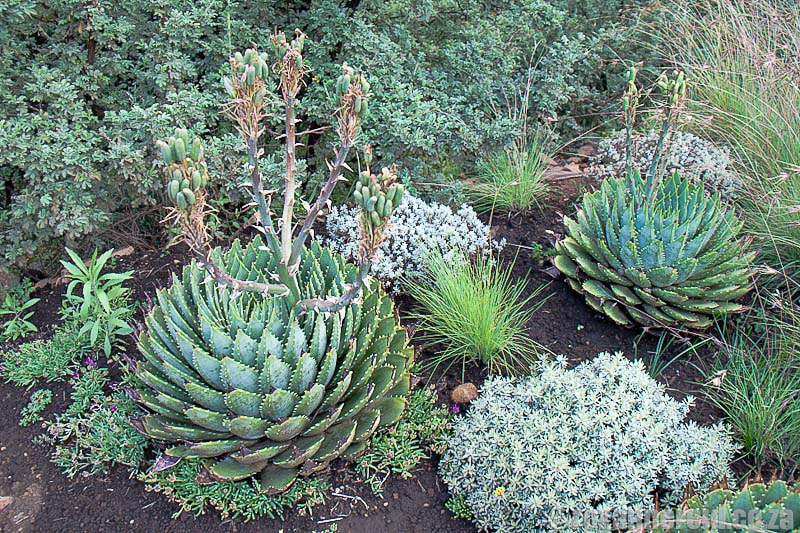Conservation of Indigenous Plants in Lesotho

By Lineo Mabekebeke
MASERU- As natural plants receive an increased scientific and commercial attention, expert says overharvesting has placed many at risk of extinction, with commercial exploitation which has led them to be unavailable to the indigenous people.
These plants are said to grow natural around the communities, where cultures have learnt how to use them to fight illness and maintain health.
The readily available and culturally important traditional medicines form the basis of an accessible and affordable healthcare regime and an important source of livelihood for indigenous and Basotho population.
In an interview with Khabiso Nkune Mohapi, who also owns a tourism-based business, said overharvesting has become a norm for Basotho, which they do without replacement, and without the best knowledge of how to reap them.
She said COVID-19 has taught many cultures, to rely on traditional plants, that they could be used alone or in combination as alternative medicine to treat and prevent COVID-19.
She further said Basotho must re-commit themselves to conservation of the remaining wild species so that the loss of these resources is minimized.
Apart from that, she highlighted that they should comply with all applicable laws and regulations such as harvesting prohibition and permitting requirements.
She made an appeal to the government of Lesotho, with the responsible ministry, to make educational campaigns, that are aimed at addressing the importance of protecting natural plants, make known, laws that protect these plants, and in which season is best for harvesting.
Herbalist Tahleho Matobo noted that development of commercial products from plants is on the rise in Lesotho, and these include cosmetic products, traditional and herbal remedies and crafts to mention a few.
He said traditional herbal mixtures, particularly those used for treatment of respiratory ailments, have recently become popular, due to the onset of COVID-19, therefore if they are overharvested, some of them will not be there for the next generations. He said: “This calls for several conservation guidelines, knowledge, education aiming at sustainable management of harvested medicinal plants,” he explained.
He said some of the indigenous plants being used are rapidly declining, with the pressure that emanates from the fact that, in the past, harvesting of medicinal herbs was primarily done by traditional healers.
“However, the demand has increased due to the plants becoming a cheaper alternative source of income,” he added.
According to National range resources management policy by the ministry of forestry and land reclamation, medicinal plants form part of the rangeland resources. The plants are harvested for cure by individuals and traditional healers, as well as for sale.
The policy further notes that it is imperative that harvests are regulated on the basis of careful study of wild stocks concerned and monitored so that any over-use, can be swiftly corrected.
Also, local communities must have a part in management of wild resources in their areas and should benefit from economic returns.
With these concerns in mind, the Lesotho biodiversity strategy and action plan highlights that Lesotho seeks to approach the conservation and sustainable use of biological resources by integrating efforts and addressing issues of common concern to both conservationists, including traditional healers and researchers. This means that the conservation effort focuses both on natural environments and those areas which have been modified by human activities.
The author is a CCARDESA TFCA Correspondent and a Journalist at the Public Eye Newspaper in Lesotho.

























































